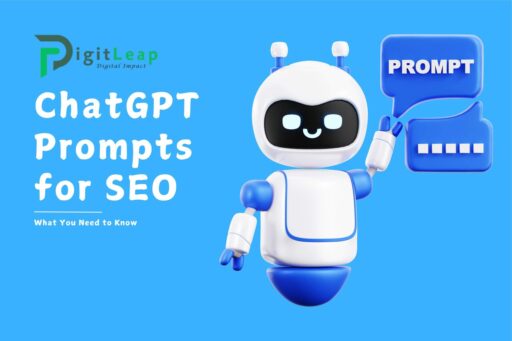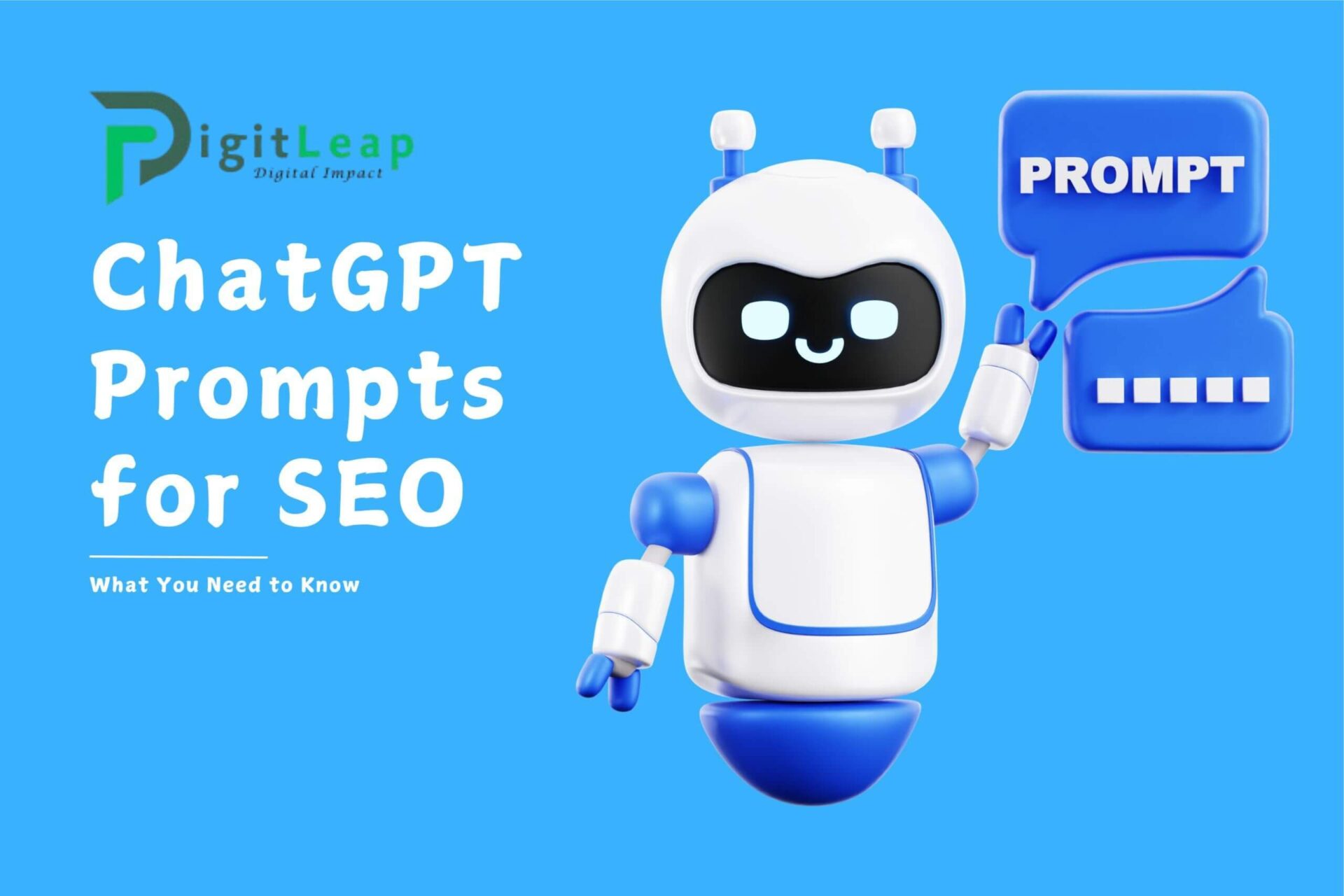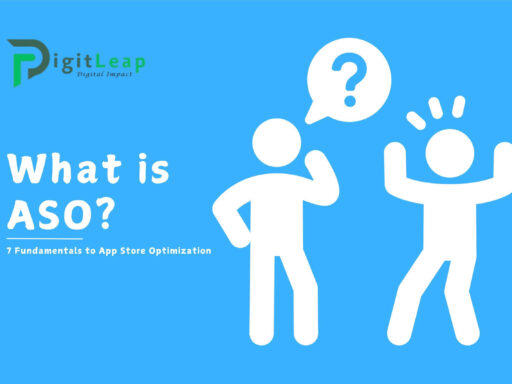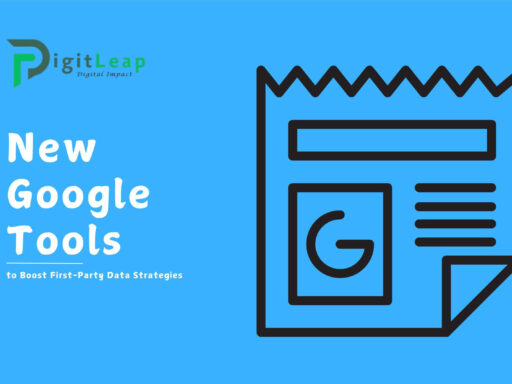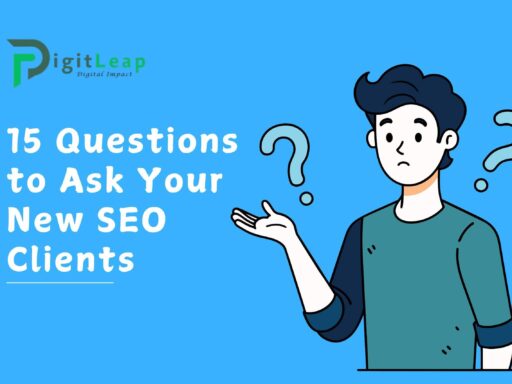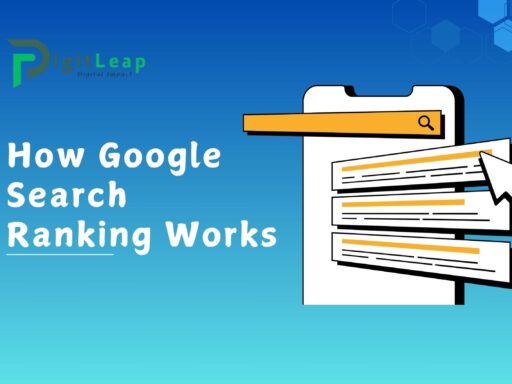ChatGPT Prompts for SEO: What You Need to Know
With the growing role of artificial intelligence in content creation, tools like ChatGPT have become invaluable for marketers aiming to boost search engine optimization (SEO). But using these tools effectively requires more than just entering random prompts. Crafting the right prompts is the key to generating SEO-friendly content that ranks well on Google. This guide explains what you need to know about SEO-focused ChatGPT prompts, how to use them effectively, and why they matter for your marketing strategy.
What are ChatGPT Prompts for SEO?
A ChatGPT prompt is a set of instructions given to the AI to generate specific content. When optimized for SEO, these prompts guide the AI to create keyword-rich, engaging, and relevant content that appeals to both search engines and readers. Effective SEO prompts ensure the content:
- Aligns with search intent
- Includes target keywords naturally
- Offers structured information with headings and subheadings
- Is unique, informative, and easy to read
Using well-designed prompts helps businesses quickly generate blogs, meta descriptions, product pages, and FAQs that rank better on search engines.
How ChatGPT Can Improve SEO Performance
- Keyword Optimization: AI can integrate relevant keywords without keyword stuffing, creating content that ranks better.
- Content Velocity: With faster content creation, marketers can publish more frequently, boosting site visibility.
- Consistency: ChatGPT ensures consistent quality and tone, aligning with a brand’s SEO strategy.
- SEO-Friendly Structures: Well-structured headings, bullet points, and summaries cater to search engine algorithms and user readability.
Best Practices for Crafting SEO-Friendly ChatGPT Prompts
1. Be Specific with Your Request
The clearer your prompt, the better the AI will deliver relevant content. For example:
- Poor Prompt: Write about SEO.
- Improved Prompt: Write a 1000-word article about “on-page SEO techniques,” including subheadings, bullet points, and FAQs.
A detailed prompt ensures the AI knows exactly what you want.
2. Include Target Keywords
Guide the AI to use the right keywords seamlessly. For instance:
- Create a blog post about “local SEO” targeting keywords like ‘Google My Business optimization,’ ‘local citations,’ and ‘NAP consistency.’
3. Ask for SEO-Friendly Elements
Prompts should request essential SEO elements such as meta titles, descriptions, and headers. Example:
- Write a blog post about “Content Marketing” and include a meta description under 160 characters.
4. Use Action-Oriented Language
Active voice enhances readability and engagement. Example:
- Write an introduction on the importance of backlinks in SEO using active voice.
5. Request Engaging CTAs
Encourage user interaction with clear calls-to-action (CTAs). Example:
- End the article with a CTA encouraging readers to subscribe to the newsletter.
Examples of Effective ChatGPT Prompts for SEO
- Blog Post Prompt:
Write a 1500-word article on “How to Use Internal Links for Better SEO,” with sections for benefits, best practices, and tools. Include keywords like “internal linking strategy” and “SEO link building.” - Meta Description Prompt:
Generate a meta description for a blog post on “SEO trends 2024” under 155 characters. - Product Page Prompt:
Create a product description for an eco-friendly water bottle, targeting keywords like “reusable water bottle,” “eco-conscious design,” and “BPA-free.” - FAQ Prompt:
Write five FAQs about “technical SEO,” including concise answers optimized for featured snippets. - Social Media Post Prompt:
Generate a tweet promoting a new blog post on “SEO for beginners,” using relevant hashtags and a shortened link to the post.
How ChatGPT Enhances Keyword Strategies
ChatGPT can also help with keyword research and content ideas. By inputting prompts like:
- Suggest 10 long-tail keywords related to “e-commerce SEO.”
- Generate blog post ideas around the topic “SEO for small businesses.”
This functionality saves time and ensures that your content aligns with current search trends.
Potential Challenges of Using ChatGPT for SEO
While ChatGPT is a powerful tool, it’s important to recognize its limitations:
- Lack of Current Data: ChatGPT’s data may not be up-to-date with the latest SEO trends unless supplemented by your own research.
- Human Oversight Required: AI-generated content still needs editing and fact-checking to ensure accuracy and relevance.
- Risk of Generic Content: Without carefully crafted prompts, the content may lack depth and uniqueness.
By understanding these challenges, you can combine human expertise with AI capabilities for the best results.
Conclusion
Using ChatGPT prompts for SEO allows businesses to generate high-quality content efficiently, improving their search engine rankings and driving more organic traffic. However, the key lies in crafting the right prompts—ones that are clear, specific, and optimized for SEO.
For businesses seeking expert SEO solutions, DigitLeap can provide professional guidance on integrating AI into their content strategy. With our tailored SEO services, you’ll harness the power of ChatGPT to create unique, optimized content that helps your brand stand out. Contact DigitLeap today and unlock the full potential of ChatGPT for your marketing success!

